Toshiba’s $14 Billion Takeover by JIP; The Rise and Fall of Toshiba Is A Tale of Deception And Missed Opportunities
Toshiba has announced the success of a $14 billion takeover bid led by Japan Industrial Partners (JIP). This move signals the end of Toshiba's tumultuous journey as a publicly traded company and a transition into private hands. However, this transformation is just the latest chapter in a long tale of corporate mismanagement and deception that has plagued Toshiba for years.

Toshiba’s journey to privatization reached its conclusion when Japan Industrial Partners (JIP) and its consortium secured 78.65% of Toshiba’s shares through a $14 billion tender offer.
The commanding majority positioned JIP to potentially squeeze out the remaining shareholders, firmly placing Toshiba in domestic hands after years of grappling with overseas activist shareholders.
While the buyout offer, accepted by Toshiba in March, valued the conglomerate at 2 trillion yen ($13.5 billion), it was met with some shareholder discontent over the offered price; however, Toshiba maintained that there were no prospects for a higher bid or competing offer.
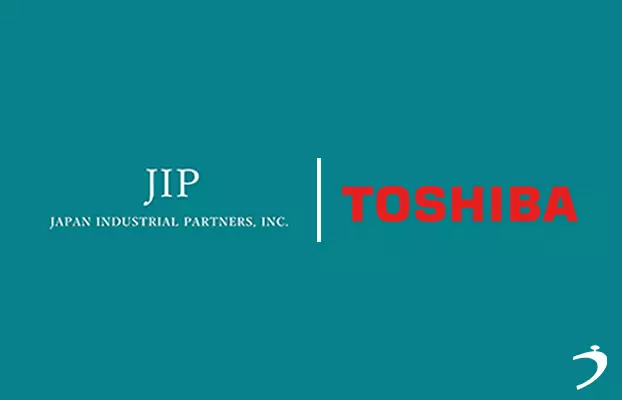
Toshiba’s CEO, Taro Shimada, expressed gratitude to shareholders who understood the company’s position and acknowledged that Toshiba was taking a significant step towards a new future under new ownership.
The conglomerate highlighted the complexities of its relationships with diverse stakeholders, including shareholders with differing opinions, which had hampered its business operations; a stable shareholder base was seen as a means to facilitate pursuing its long-term strategy.
JIP, while not widely recognized overseas, has a track record of involvement in corporate carve-outs and spin-offs from Japanese conglomerates, including Olympus’ camera business and Sony Group’s laptop computer division.
JIP maintains it intends to retain CEO Shimada and his management team, marking a continuation of leadership during this pivotal transition.
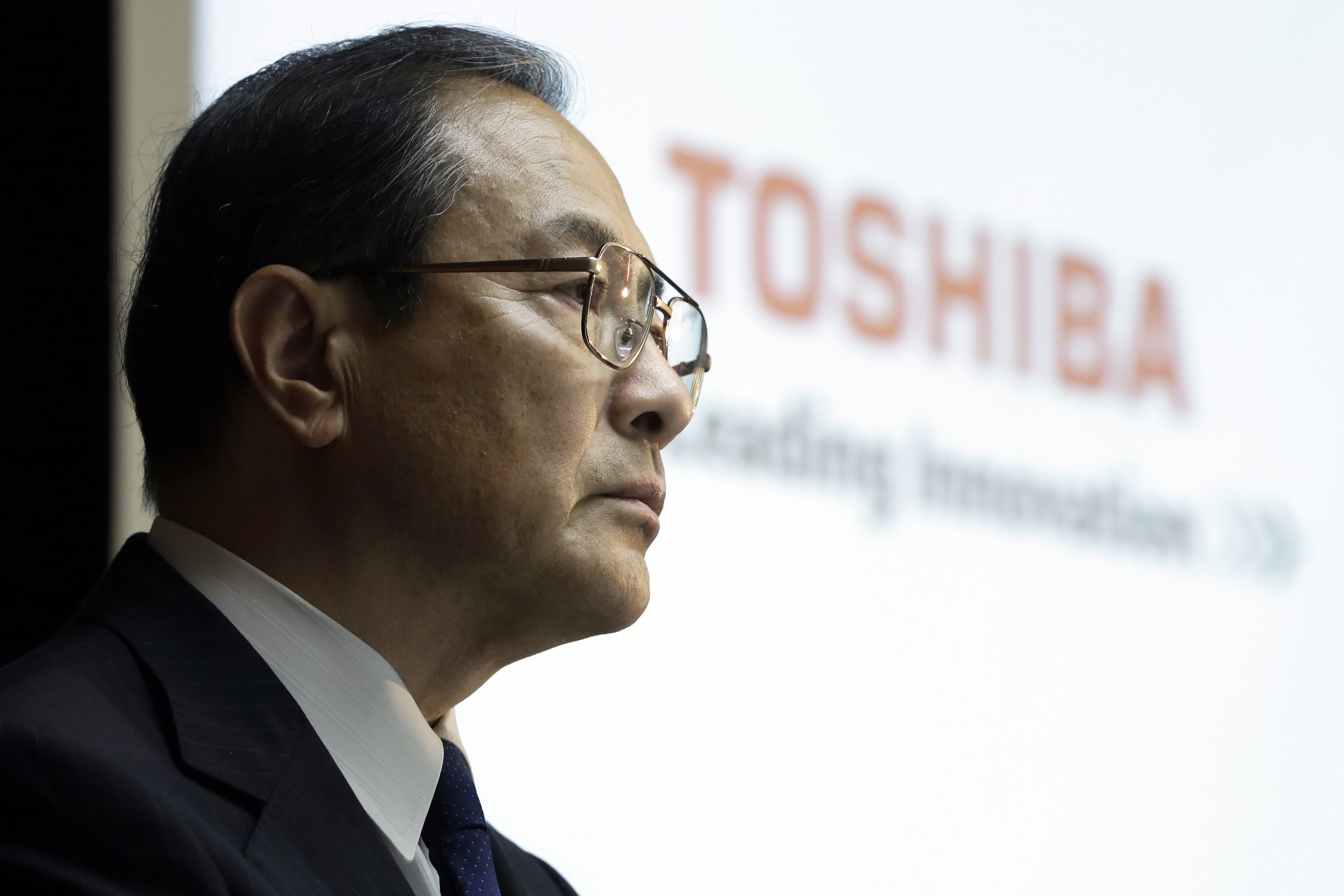
Toshiba, A Troubled Conglomerate
Toshiba Corporation is a Japanese multinational conglomerate known for its diverse range of products and services. It was founded in 1875 in Tokyo, Japan. It has a long history of innovation and has been a pioneer in various industries, including electronics, semiconductors, power systems, and more.
The Deceptive Trail Begins, A Timeline of Woes
The story of Toshiba’s downfall is not one of recent vintage; rather, it is a chronicle of persistent challenges and corporate mismanagement that dates back to 2015.
Here is a significant timeline of key events in Toshiba’s tumultuous journey
2015: Toshiba discloses accounting malpractices across multiple divisions, revealing top management’s involvement in overstating pretax profit by 230 billion yen ($1.8 billion) over seven years.
December 2016: Toshiba says it will take a charge of several billion dollars related to a nuclear power plant construction company that U.S. unit Westinghouse Electric had bought a year earlier.
March 2017: Westinghouse files for Chapter 11 bankruptcy, with Toshiba facing over $6 billion in liabilities linked to Westinghouse; Toshiba decides to put its prized chip unit, Toshiba Memory, up for sale.
September 2017: Toshiba agrees to sell the chip business to a consortium led by Bain Capital for $18 billion while retaining a significant stake.
December 2017: Toshiba secures a $5.4 billion cash injection from more than 30 overseas investors, helping it avoid delisting; however, this move introduces prominent activist shareholders, including Elliott Management, Third Point, and Farallon, while settling a dispute with Western Digital.
January 2020: Toshiba uncovers fresh accounting irregularities at a wholly owned subsidiary.
July 2020: Activist shareholders nominate five director candidates who are voted down at the annual general meeting.
September 2020: Toshiba discloses that more than 1,000 postal voting forms for its AGM went uncounted, revealing a widespread failure to count valid votes at AGMs of client firms over the past two decades.
March 2021: Shareholders approve an independent investigation into allegations of pressure on investors ahead of the previous year’s AGM.
April 2021: CVC Capital Partners makes an unsolicited $21 billion offer to take Toshiba private. A week later, Toshiba’s CEO resigned amid controversy over the CVC bid, perceived by some within the company as a shield against activist shareholders.
Toshiba’s subsequent rejection of the CVC offer provokes ire among activist shareholders.
June 10, 2021: A shareholder-commissioned investigation concludes that Toshiba colluded with Japan’s trade ministry to block overseas investors from gaining influence at the 2020 shareholder meeting.
June 25, 2021: Shareholders oust board chairman Osamu Nagayama following criticism of the board’s handling of allegations of pressuring investors, and it pledges to undertake a full review of its assets and engage with potential investors.
November 2021: Toshiba announces a plan to split into three companies, focusing on energy, infrastructure, and managing its stake in Kioxia.
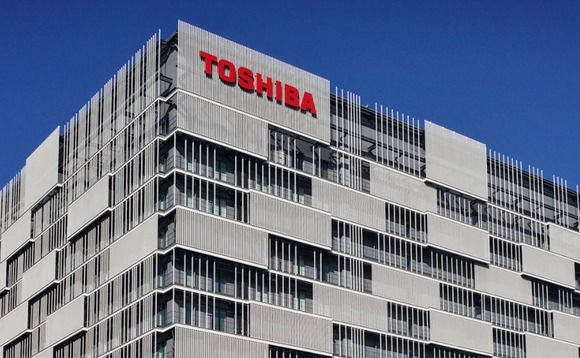
February 2022: Toshiba unveils a new plan to split into two, spinning off its devices unit.
March 1, 2022: CEO Satoshi Tsunakawa resigns, and Taro Shimada, a former Siemens AG executive who joined in 2018, is appointed as interim CEO to proceed with the spin-off plan.
March 24, 2022: Shareholders vote against the spin-off plan. A separate motion supported by activist shareholders, calling for the conglomerate to solicit buyout offers, also fails to pass.
April 2022: Toshiba establishes a special committee to resume a strategic review that could lead to privatization.
May 13, 2022: Ten potential investors express their interest. Under pressure from shareholders, Toshiba announced a special dividend of approximately $545 million.
June 2022: Toshiba receives eight buyout proposals, leading to public disagreements among directors over governance and the nomination of hedge fund executives to its board. Shareholders later approved two activist directors, marking a historic shift.
July 2022: Toshiba selects four bidders, including private equity firms Bain Capital and CVC Capital Partners, as well as a consortium involving JIP and the state-backed Japan Investment Corp (JIC), to proceed to a second bidding round. JIC and JIP ultimately disagreed over the proposal and decided not to pursue a bid together.
October 2022: The JIP-led consortium, backed by several Japanese firms, including Orix Corp and Chubu Electric Power Co, is granted preferred status.
February 2023: After months of speculation, Toshiba confirms that it has received a proposal from an all-Japanese group led by JIP, which sources indicate secured $10.6 billion in loan commitments.
March 23, 2023: Toshiba’s board accepts JIP’s 2 trillion yen tender offer at 4,620 yen a share, as opposed to its last closing price of 4,213 yen.
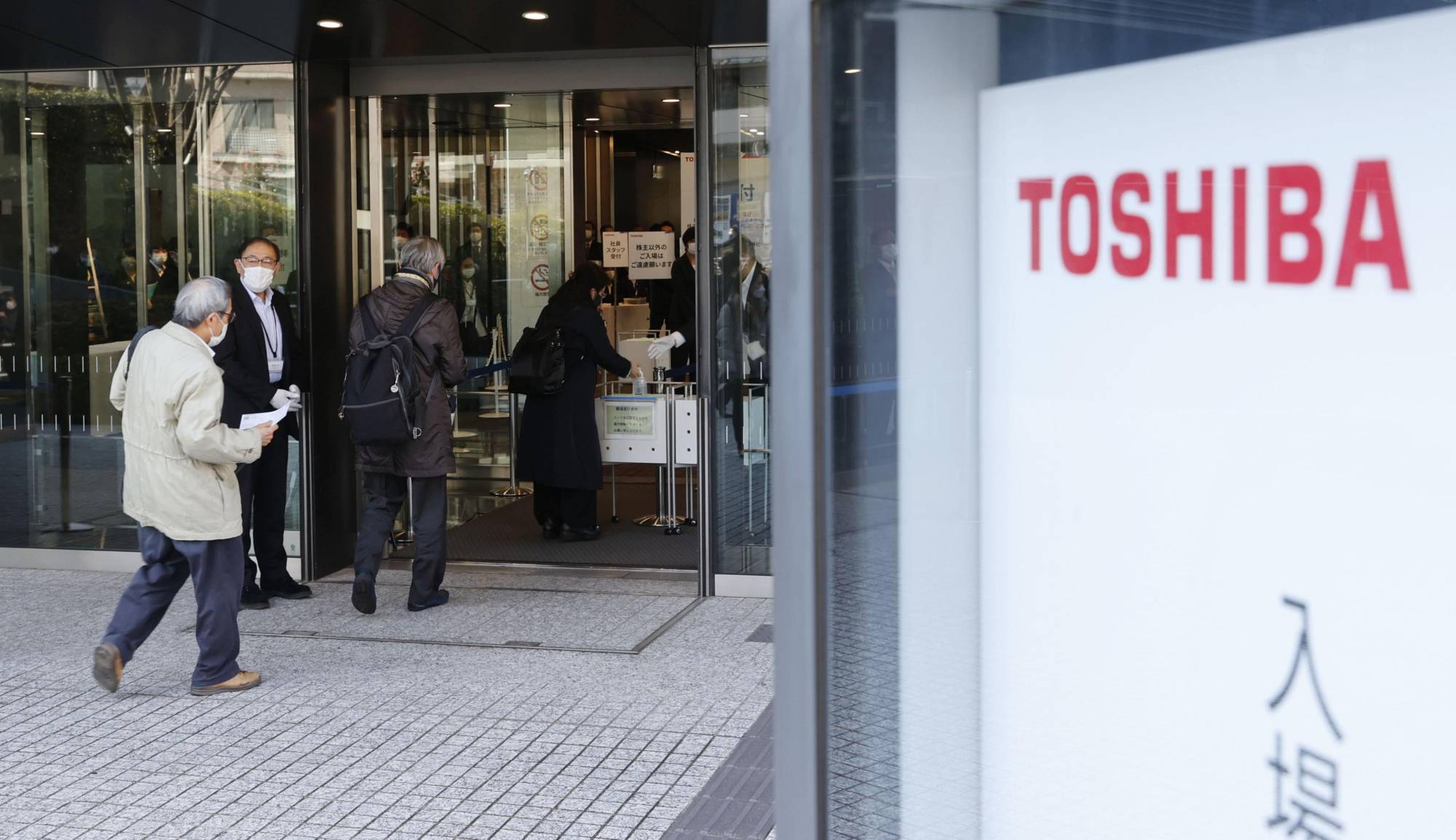
The Boiling Point
The turmoil surrounding Toshiba in recent years can be traced back to 2015, yet it was April 2021 when news broke of a proposed takeover by a UK-based fund; Toshiba’s CEO at the time, Kurumatani Nobuaki, responded positively to the proposal, setting in motion a year filled with deception and corporate intrigue.
Kurumatani, who had been brought in to turn Toshiba around, had a background in investment funds, yet he struggled to build rapport with activist investors, setting the stage for a contentious relationship between Toshiba’s board and these influential shareholders.
Toshiba sought a significant capital injection to address its precarious financial situation after the Westinghouse bankruptcy, resulting in the issuance of additional shares to various investment funds.
However, tensions escalated when activist investors demanded that Toshiba liquidate assets and distribute proceeds to shareholders promptly.
They nominated their candidates for Toshiba’s board, intensifying the battle between the board and activist investors. Behind closed doors, the board utilized its connections with Japanese Ministry of Economy, Trade, and Industry (METI) bureaucrats to suppress the demands of activist investors.
Amid this turmoil, the UK-based fund’s takeover proposal emerged, suggesting that Toshiba might be sold to the very investment fund Kurumatani had previously worked for; this development only fueled opposition within Toshiba, with many fearing a sale to the investment fund.
A Year Wasted
As events unfolded, Kurumatani was compelled to step down as board chair, and the situation took a brief turn toward more effective governance.
However, this moment of stability was short-lived, as Toshiba’s new chair rejected the UK-based fund’s proposal, angering activist shareholders who hoped to profit from a premium buyout.
Additionally, a legal investigation exposed the questionable relationship between METI and Toshiba’s board, further eroding trust in the company’s leadership.
At the tumultuous June shareholders’ meeting, external directors who had overlooked this relationship were not reappointed, and the chair’s reappointment was voted down and Toshiba’s board was reduced from 13 directors to just 8, exacerbating the company’s governance crisis.
Kurumatani’s departure led to the return of Tsunakawa Satoshi as CEO. Still, the board lacked the necessary cohesion and leadership to navigate the challenges ahead. Instead of rebuilding top management as needed, Toshiba found itself in a desperate situation, entertaining a proposal to divide the company, which shareholders later rejected.
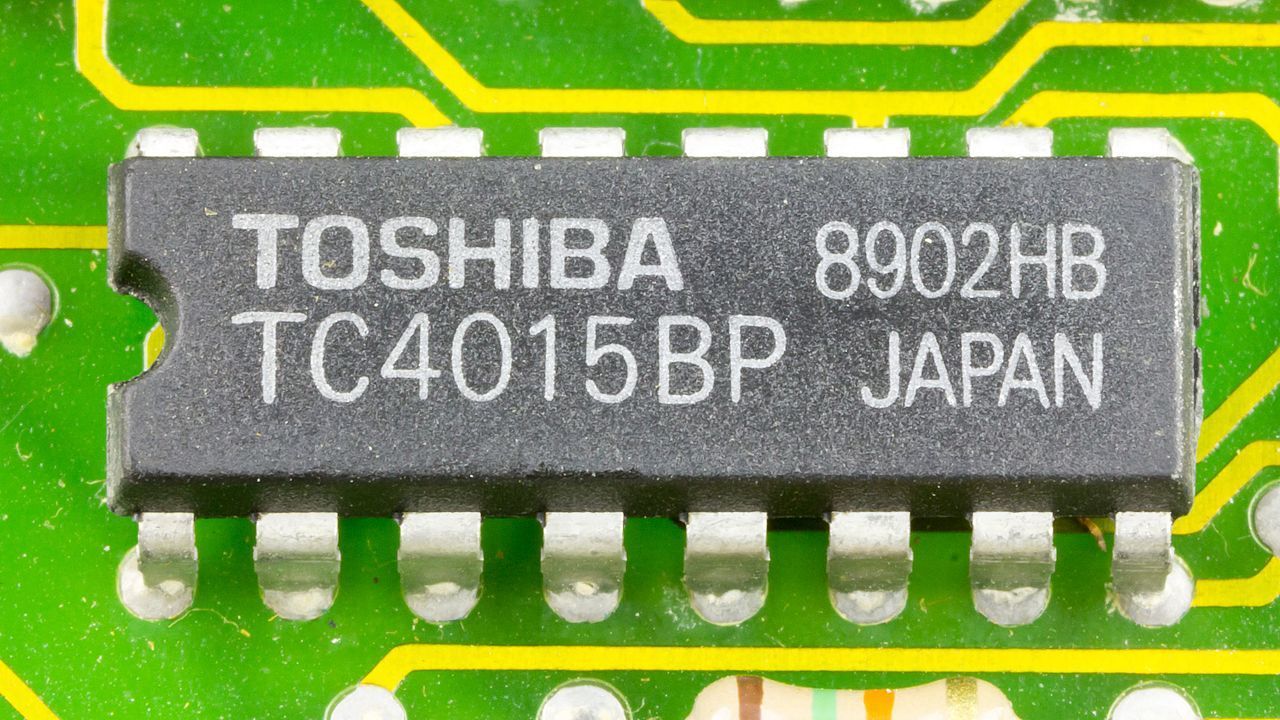
The Culture of Deception
The culture of deception at Toshiba did not emerge overnight; it had deep roots dating back to the 2015 accounting scandal. This scandal involved overstating profits by billions of yen over seven years, revealing the company’s willingness to manipulate financial data to maintain appearances.
While Toshiba promised reforms and measures to prevent future scandals, it continued to ignore the fundamental issues plaguing its operations; the core problem, stemming from Westinghouse’s poor performance, remained unaddressed, and Toshiba’s executives, complicit in this deception, perpetuated a narrative that Westinghouse was financially stable, despite clear evidence to the contrary.
The Last Bit,
Toshiba’s journey from a renowned global conglomerate to a privately held entity controlled by JIP is filled with corporate mismanagement, deception, and missed opportunities.
The company’s descent into chaos, marked by accounting scandals, financial woes, and governance disputes, ultimately led to its surrender to private equity and Toshiba’s failure to confront its underlying problems, coupled with a culture of expediency and deception among its executives, sealed its fate.




